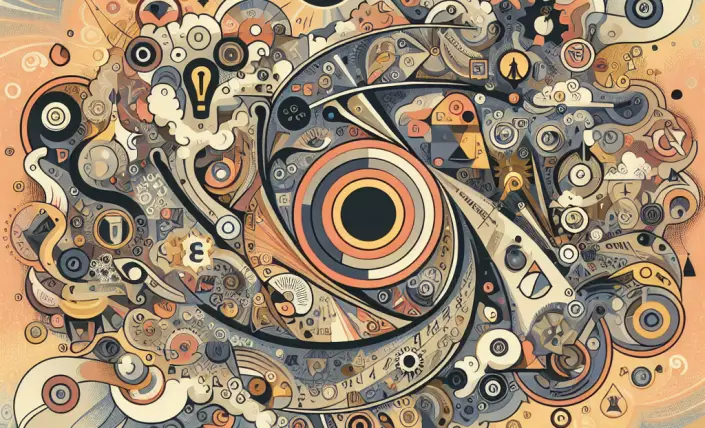In an era marked by rapid technological advancements, shifting cultural paradigms, and ever-evolving social norms, the philosophy of conservatism, as articulated by Russell Kirk, provides a profound counterbalance. Kirk, a stalwart of conservative thought, emphasized the importance of tradition, community, and moral order as bulwarks against the encroaching chaos of modernity. His philosophy encourages a reflective pause, urging us to consider the enduring principles that underpin a stable and cohesive society.
At the heart of Kirk's philosophy is the belief in a transcendent moral order—a set of timeless truths and values that guide human conduct. This moral framework is not subject to the whims of societal change but is instead a constant that provides a foundation for ethical behavior. In a world where relativism often reigns supreme, Kirk's insistence on objective moral truths challenges us to reconsider the ethical imperatives that should govern our lives. The emphasis on a moral order encourages individuals to look beyond immediate gratification and consider the long-term consequences of their actions, fostering a sense of responsibility and accountability.
Kirk also highlights the significance of tradition as a source of wisdom. Traditions, in his view, are not merely relics of the past but are the accumulated insights of generations. They serve as a cultural repository of knowledge, offering guidance and continuity amidst the flux of contemporary life. By engaging with tradition, individuals can draw on a wealth of historical experience, learning from past successes and failures. This engagement fosters a sense of belonging and identity, rooting individuals in a community that transcends the present moment. Tradition, therefore, acts as a stabilizing force, grounding us in a shared heritage and providing a framework within which we can navigate the complexities of modern existence.
Furthermore, Kirk's emphasis on the importance of community underscores the social dimension of his philosophy. In an age characterized by individualism and isolation, Kirk's call to cultivate communal bonds is particularly resonant. He argues that human beings are inherently social creatures who find fulfillment through their connections with others. The community serves as a nurturing environment where individuals can flourish, supported by networks of mutual aid and solidarity. By prioritizing community, we can counteract the alienation and fragmentation that often accompany modern life, fostering a sense of collective purpose and shared responsibility.
In contemplating Kirk's philosophical legacy, it becomes evident that his insights offer a valuable lens through which to examine our current societal trajectory. The principles he espouses—moral order, tradition, and community—invite us to reflect on the kind of society we wish to cultivate. Are we content to drift aimlessly, subject to the capricious currents of change, or do we aspire to build a society grounded in enduring values and communal ties? Kirk's philosophy challenges us to weigh these considerations carefully, prompting a deeper reflection on the choices we make and the principles we uphold.










